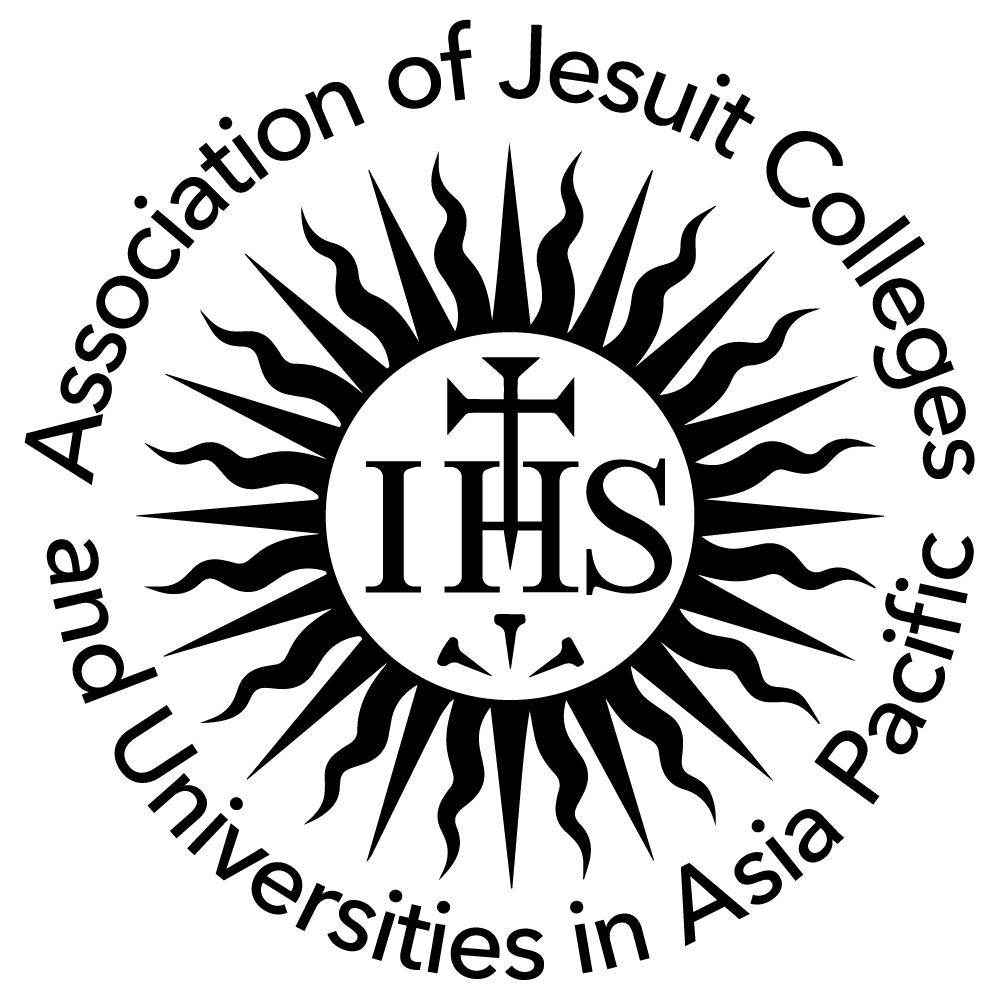GLP 2019
12th Global Leadership Program for Jesuit Universities in East Asia
August 11 – 17, 2019
Ateneo de Manila University
Quezon City, Metro Manila, the Philippines
PROGRAM CONCEPT NOTE
Background
The Global Leadership Program (GLP) is an annual program conducted by Jesuit universities in Asia. Students from member universities will participate in the program where they will develop competencies and skills to become young leaders of their respective communities. Participants will engage with vulnerable sectors of society and work towards how the youth can contribute to the solution of prevailing societal problems.
Program Context
The Philippines is lagging behind in reaching its targets for SDG 3, or otherwise known as “Good Health and Well-being”. This can be attributed to our country’s high cost of medication, steady increase of cases of infectious and noncommunicable diseases, inequities in the delivery of health services, and gaps in addressing issues in urban and environmental health to name a few. In 2018 alone, for example, there was a 735% increase in the number measles cases and around thirty-two Filipinos who tested positive for HIV daily. Despite our poor performance in several indicators of SDG 3, the Philippines continues to work towards improving its health care services. Notably, several laws in the recent years have been passed that revolve around public health. For example, in 2012 and 2014, the Sin Tax Reform Law and Graphic Health Warnings Law were passed that aim to increase the barriers of accessing sin products (e.g., cigarettes and alcohol) that are detrimental to a person’s health and well-being. In November 2018, the Philippine Senate and House of Representatives approved the universal health care bill that aims to minimize the barriers in acquiring a wide spectrum of health care for all Filipinos. Another hallmark achievement in 2018 was when the Pasig River Rehabilitation Commission (PRRC) was awarded the Asia RiverPrize for its success in water
quality improvement and urban waste management.
Proposed Subthemes
A. Environmental Health
Management of our environment has a direct impact on our health. One example of this was when the Department of Health (DOH) declared an outbreak of leptospirosis in seven cities in Metro Manila on July 2018. Leptospirosis is acquired through direct contact with the urine of infected animals (e.g., rats, stray cats and dogs) or with a
urine-contaminated environment. The outbreak was facilitated by heavy rainfall that later flooded the city streets that became the main carrier of infected animal urine. In the Philippines, flooding is usually exacerbated by poor solid waste management due to garbage clogging waterways and sewer drainages. Aside from this, trash thrown improperly invite animals to feed and urinate on the streets making it easier for leptospirosis to be transmitted to adults and children wading through flood. The prevalence of leptospirosis is only one of many possible consequences of the lack of urban sustainability initiatives. To address this issue, the program shall tackle the sub themes of green initiatives and urban waste management to further understand what steps can be made to effectively and sustainably eliminate/minimize health issues caused by a polluted environment.
B. Health Issues
Inputs/discussions under this sub theme will revolve around health issues of children, women, and the elderly. Particularly, for this program, a comparative assessment will be conducted of the challenges experienced by said demographics in the Philippines and the countries where the participants belong. Insights on how each respective country addresses their particular challenges will be valuable in coming up with a proposal on how to respond to the needs of Filipino women, children, and elderly.
Program Structure
A. Lectures and Fieldwork
Ateneo de Manila University, through its Office of Social Concern and Involvement (OSCI), Health Sciences Department, Environmental Science Department, and Office of International Relations (OIR), shall plan and coordinate a series of lectures and excursions/field visits that aim to deepen the participants’ understanding of the Philippines’ position in attaining SDG 3. University staff shall accompany the participants during excursions and facilitate pre and post-activity processing and/debriefing, when needed. An orientation/background session shall
be conducted to properly prepare participants for excursions.
B. Individual Reflection
Throughout the program, the participants will be answering processing questions that will facilitate their individual reflection of their learnings and experiences. These reflections aim to invite the participants to expand their particular world-views/contexts to include the stories of the communities they will meet and engage with during their stay in the Philippines.
C. Group Presentations
The participants will be grouped into five (5) groups each with its own subtheme. Each group based on their assigned subtheme will deliver two presentations – before and after the conduct of the program.
1. 1st Presentation (Aug. 12, 2019)
The participants will deliver a 30-minute presentation composed of:
● Brief introduction of your university (5 minutes)
● General overview of issues with regards to your assigned subtheme in your country (25 minutes). Discuss these using the following guide questions:
○ How does social exclusion manifest in your country with regard to your topic/subtheme?
○ What was the role of leadership, whether in government or private organizations, in improving and or devolution of your topic/subtheme in your country?
○ In the past five to ten years, what solutions have been conceptualized and/or implemented to address the issues of your topic/subtheme?
2. 2nd Presentation (Aug. 16, 2019)
At the end of the program, each group will prepare a 10-minute presentation summarizing insights/recommendations drawn from their experiences throughout the GLP 2019. After, fifteen minutes will be allotted for other groups to ask and/or provide further input.
